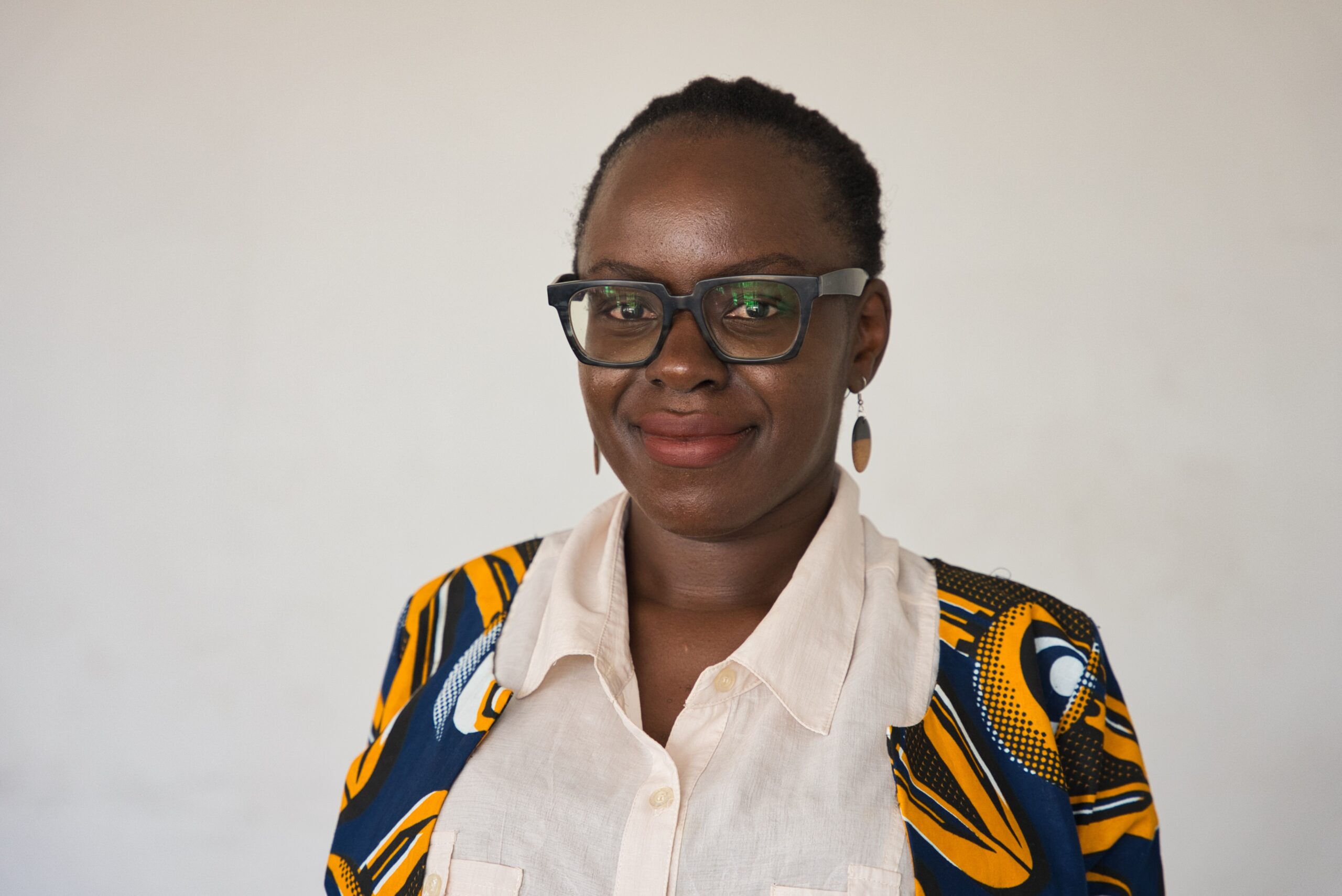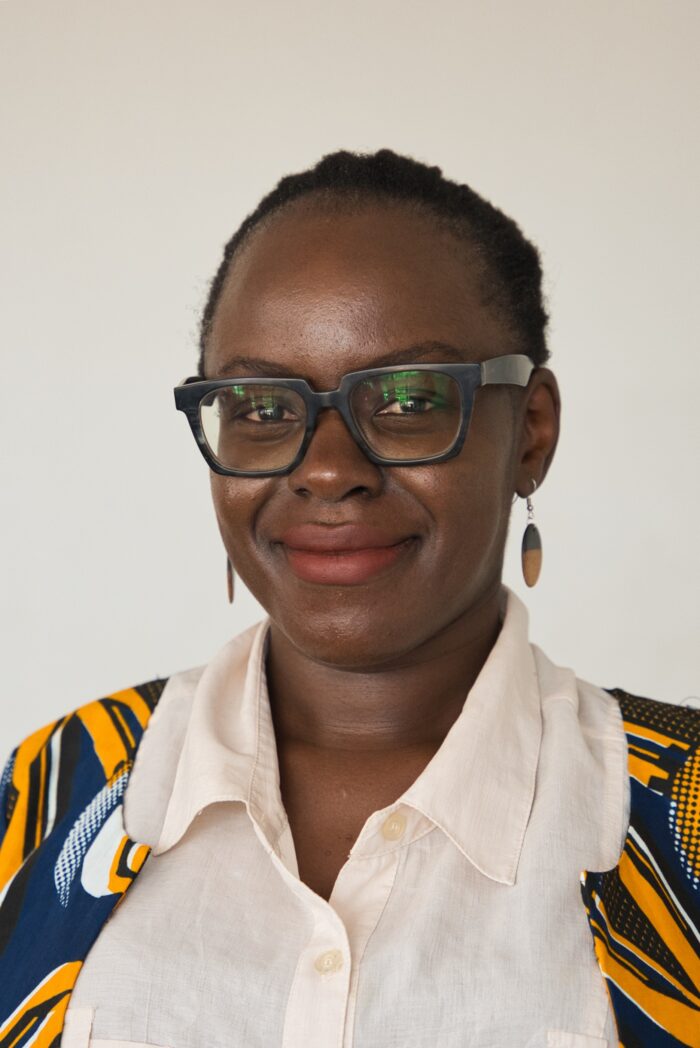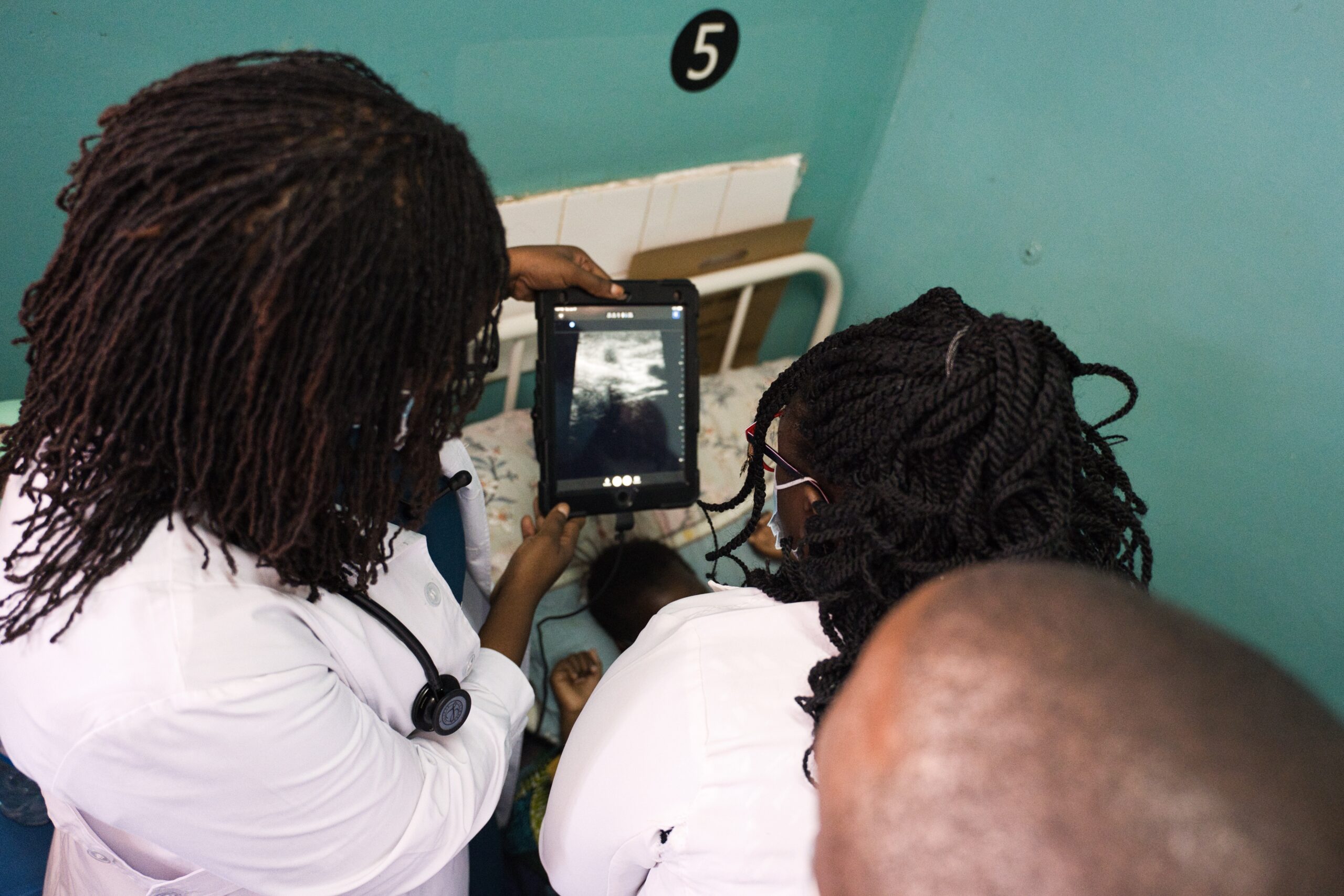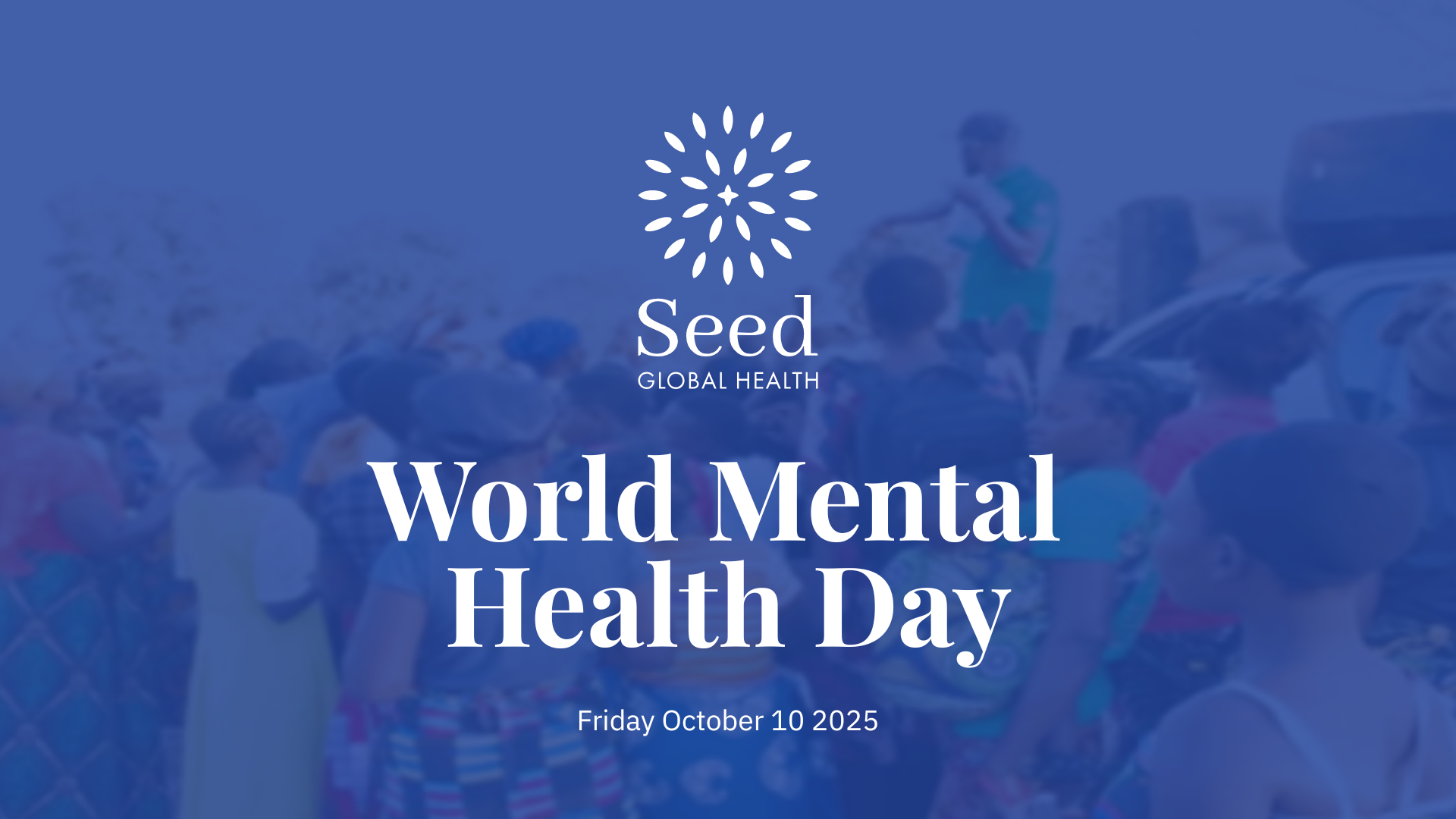
Dr. Jesse, Seed educator, is proud to contribute to increasing the number of family physicians in Malawi
Read our Q&A with Dr. Jesse on being a Seed educator
In this question and answer, Dr. Jesse Mbamba, a family medicine physician and Seed educator based in Malawi, shares what inspired her to become an educator and why she strongly encourages other qualified professionals to consider becoming educators to support Seed’s mission to build the health workforce of the future.
Applications for the next round of Seed educators are open until 1st November 2024. Find out how you can join us by visiting our becoming an educator page.

Can you introduce yourself?
I’m Jesse Mbamba a family physician.
I work at Zomba Central Hospital under Ministry of Health Malawi and I’m also a part time Seed educator based at Mangochi District Hospital.
Can you tell us a bit more about your role as a Seed educator?
I have been with Seed for over a year, and I am involved mostly in undergraduate teaching and postgraduate activities.
For the undergraduate teaching at Mangochi District Hospital, I assist in preceptorship when the Bachelor of Medicine, Bachelor of Surgery (MBBS) students are in Mangochi. There is one site that a group of MBBS students travel to, Monkey Bay Community Hospital weekly. While at Mangochi, I precept the team that goes to Monkey Bay.
When we go to Monkey Bay, we spend almost half a day there. We depart very early because, in most of our small facilities, the majority of activities happen in the morning.
While at Monkey Bay, the students are assigned to different units, including the under 5 clinic and maternity unit. The staff at Monkey Bay reserve interesting cases for us to assist with, so the students can discuss them afterwards. I provide a specialist’s opinion for the students to learn more. The students also observe consultations while in Monkey Bay, and in the afternoons, I conduct classroom teaching based on the cases they have seen and anything puzzling them. I also supervise them in the family medicine clinic. While I am seeing patients, they record patient information and then present their findings to me for feedback.
What inspired you to become a seed educator?
I have a long-standing background and interest in secondary health care. After graduating as a medical officer, I was posted to Salima District Hospital, where I worked for three to four years before embarking on postgraduate training in family medicine. I felt there was a gap in my knowledge and skills. When people consulted me on complicated cases, I often felt like I was the last person they should be asking. I didn’t think I had the capacity to manage everything they needed me to handle.
Fortunately, there was an opportunity to train in family medicine at that time. I was part of the initial cohort for Malawi’s family medicine training program, which started in 2015. That experience ignited my passion for training others.
My desire is to expand the department and produce more family medicine graduates. I also have supportive leaders in the department who have always involved us in teaching and providing support for both postgraduate and undergraduate training.
With my extensive experience from both teaching and learning perspectives, I am a strong advocate for the family medicine program because I have a full understanding of its importance.
Are you proud to be a Seed educator?
I’m very proud to be a Seed educator. I am passionate about medical education, and I have seen how important family medicine is in our health system in Malawi.
Of course, there are very few of us, and it will take time to increase the numbers. When I’m in Zomba, where I work for the Ministry of Health, I have observed that other specialties are not as broad as family medicine in terms of considering the community, quality of services, and related issues.
I believe being a Seed educator will help me contribute to increasing the number of family physicians on the ground. It is something our health system needs, and the Ministry has recognized this. In the recent functional review, they included family physicians as part of the district cadres.
It’s already clear that the work we do with Seed is making a difference. I have been involved in curriculum review, and I think that’s great. Having my own experience as a postgraduate trainee, and now seeing how it benefits others in training, is very rewarding.
Would you recommend being a Seed educator to other people?
Yes, I would recommend. It’s a great experience in terms of orientation, as it effectively prepares you and helps you understand how teaching and learning work. I believe that being on the ground as a native of Malawi still makes a difference especially when visiting the sites.
However, it seems that the impact is often perceived to be greater when the educator is from abroad, perhaps because they are navigating a new culture. But as a local Seed educator, your perspective also shifts. Your primary focus becomes the learners, teaching, and ensuring that objectives are aligned with the curriculum, which is just as impactful.
You also learn new things while teaching. The students also teach you and you gain skills that you didn’t know you could get from this experience. You also get to reflect on your own teaching styles, what works and what can be changed especially when engaging postgraduate students. It’s definitely something eye opening and prompts you to improve yourself. You find yourself wondering, how do I approach this?
Watch the video below to learn more about the impact of our work and the vital role educators play in building the health workforce for the future.

